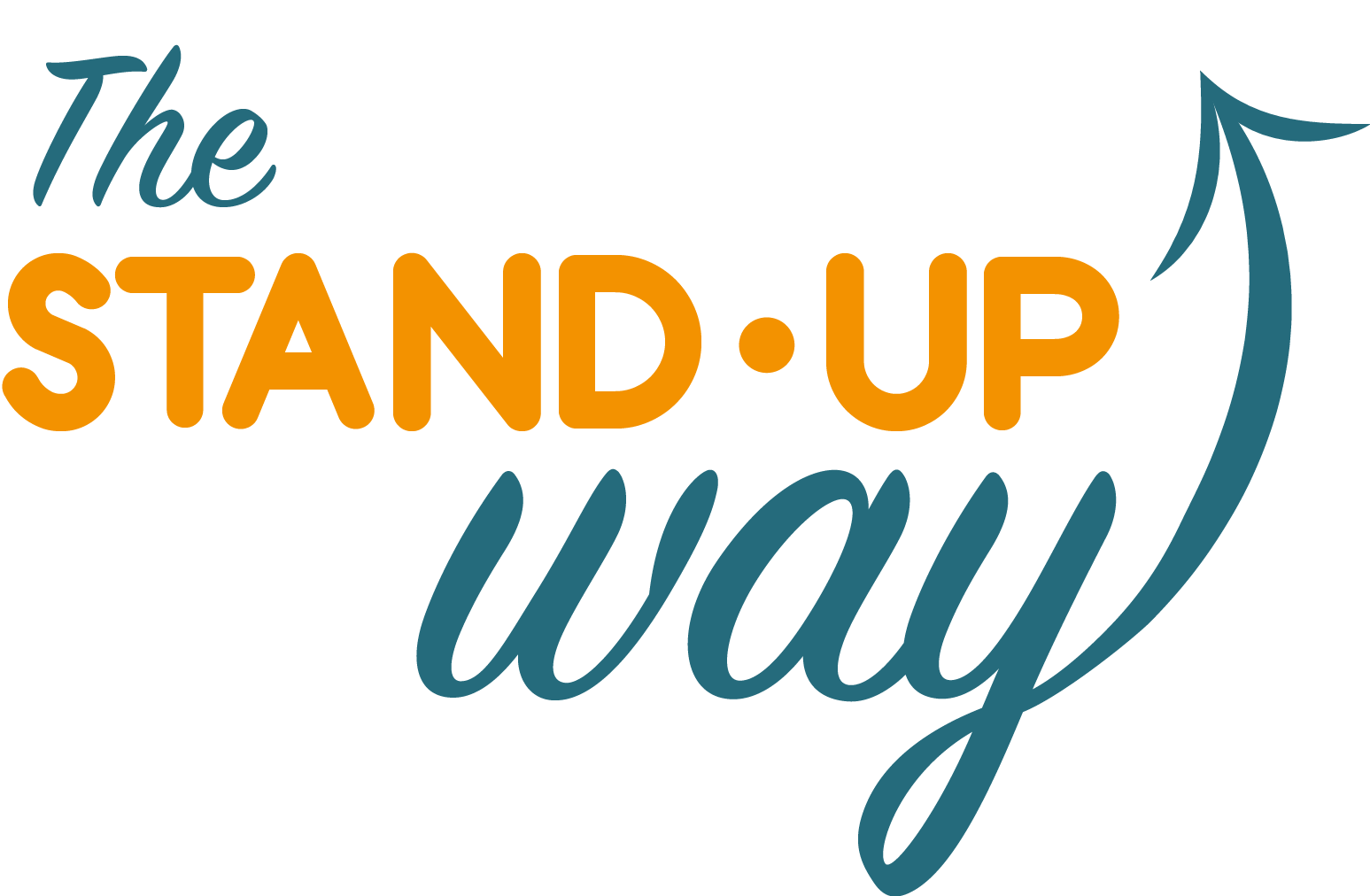
When Kickstarter first came online I was thrilled. What a great way to get funding for an innovative idea! Soon others followed. Nothing wrong with a bit of diversity and some competition in order to increase quality of service and cater to different target groups. But these days there are so many crowdfunding platforms out there it becomes almost impossible to figure out which one to use. Everyone seems to want in! And that’s not the end of it. On those crowdfunding platforms the number of ‘me too’ innovations is going through the roof! How many perfect headphones or backpacks do we need? How many resource wasting hype gadgets can our strained planet handle? This is not innovation, this is a copycat economy. Everyone is competing in a crowded market with the hope of becoming the next multi billionaire startup through minimal incremental improvement of a product that has already been beaten to death by legions of desperate startups hoping to make a buck.
Now don’t get me wrong. I am all for continuous improvement of an existing product. It’s just that I also believe that continuously reinventing the wheel and keeping all that knowledge locked up behind the bars of patents is a tremendous waste of time and energy. You know what would be really innovating? That all that knowledge would be freely shared and that all those startups would collaborate. Doesn’t mean we then only get one size fits all vanilla products. It would just mean a better use of resources and brainpower if you don’t have to repeat all of the mistakes of your predecessors.
And maybe we’d get something truly innovative then instead of choice paralysis in an overcrowded market.
But I get it. Sharing an idea and knowledge is dangerous in this dog eat dog competitive economic climate. Because there is only so much money to go around, right? So money is scarce? Then show me the fields where it is harvested or the mines where it is dug up. Because real scarcity comes from a limited supply. Ever thought of that? Gold is scarce because there is only so much available on the planet. Some consumer goods like Kopi Luwak coffee are scarce because you just can’t force an unlimited number of coffee beans through the intestines of Asian palm civets. But money? Money is created in computers by the click of a mouse. How can that be scarce unless its scarcity is intentional?
It is this scarcity that stands in the way of true innovation though. It’s way easier to be a copycat than it is to be a real innovator when everyone is fighting everyone for funding. And in today’s world the copycat makes the quick buck while the real innovator always threads on a path of uncertainty.
Time to rethink our monetary model.
Also published on Medium.



No comment yet, add your voice below!